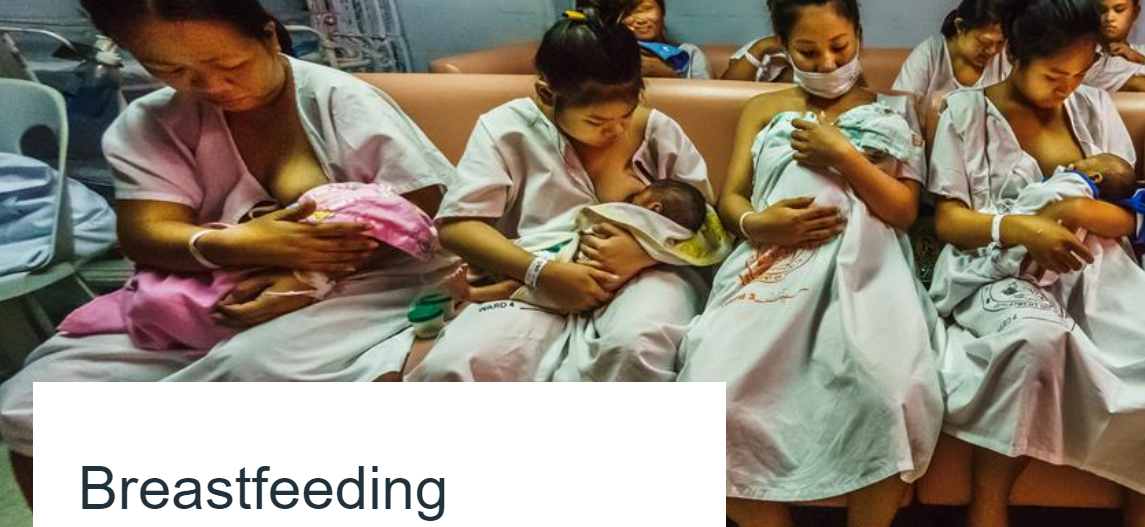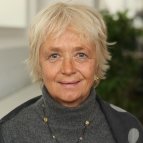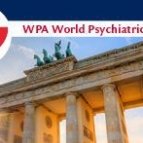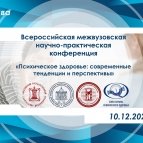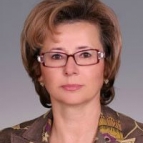World Breastfeeding Week
Breastfeeding is one of the most effective ways to ensure child health and survival. However, nearly 2 out of 3 infants are not exclusively breastfed for the recommended 6 months—a rate that has not improved in 2 decades.
Breastmilk is the ideal food for infants. It is safe, clean and contains antibodies which help protect against many common childhood illnesses. Breastmilk provides all the energy and nutrients that the infant needs for the first months of life, and it continues to provide up to half or more of a child’s nutritional needs during the second half of the first year, and up to one third during the second year of life.
Breastfed children perform better on intelligence tests, are less likely to be overweight or obese and less prone to diabetes later in life. Women who breastfeed also have a reduced risk of breast and ovarian cancers.
Inappropriate marketing of breast-milk substitutes continues to undermine efforts to improve breastfeeding rates and duration worldwide.
This World Breastfeeding Week, under its theme Step up for breastfeeding: Educate and Support, UNICEF and WHO are calling on governments to allocate increased resources to protect, promote and support breastfeeding policies and programmes, especially for the most vulnerable families living in emergency settings. They are calling on governments, donors, civil society and the private sector to step up efforts to:
– prioritize investing in breastfeeding support policies and programmes, especially in fragile and food insecure contexts;
– equip health and nutrition workers in facilities and communities with the skills they need to provide quality counselling and practical support to mothers to successfully breastfeed;
– protect caregivers and health-care workers from the unethical marketing influence of the formula industry by fully adopting and implementing the International Code of Marketing of Breast-Milk Substitutes, including in humanitarian settings; and
– implement family-friendly policies that provide mothers with the time, space and support they need to breastfeed.
Informational source: The WHO Newsletter dated by 5 August 2022 (https://www.who.int/news/item/31-07-2022-joint-statement-by-unicef-executive-director-catherine-russell-and-who-director-general-dr-tedros-adhanom-ghebreyesus-on-the-occasion-of-world-breastfeeding-week )
